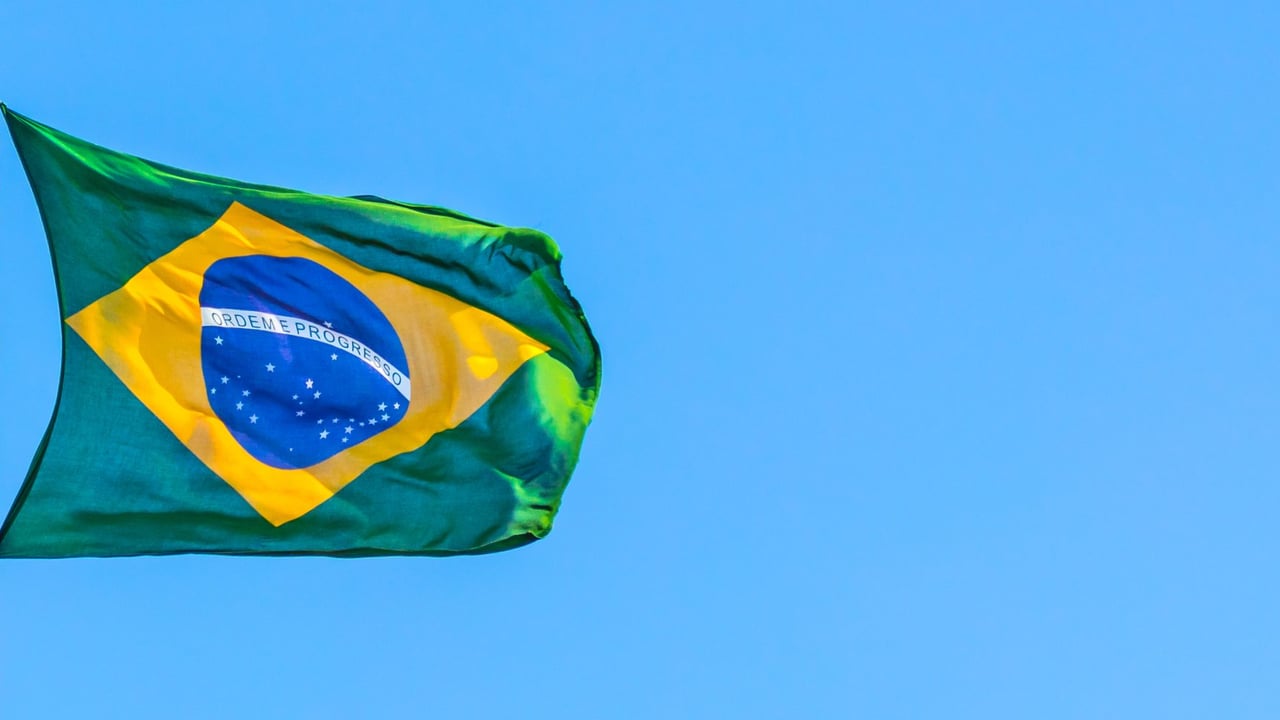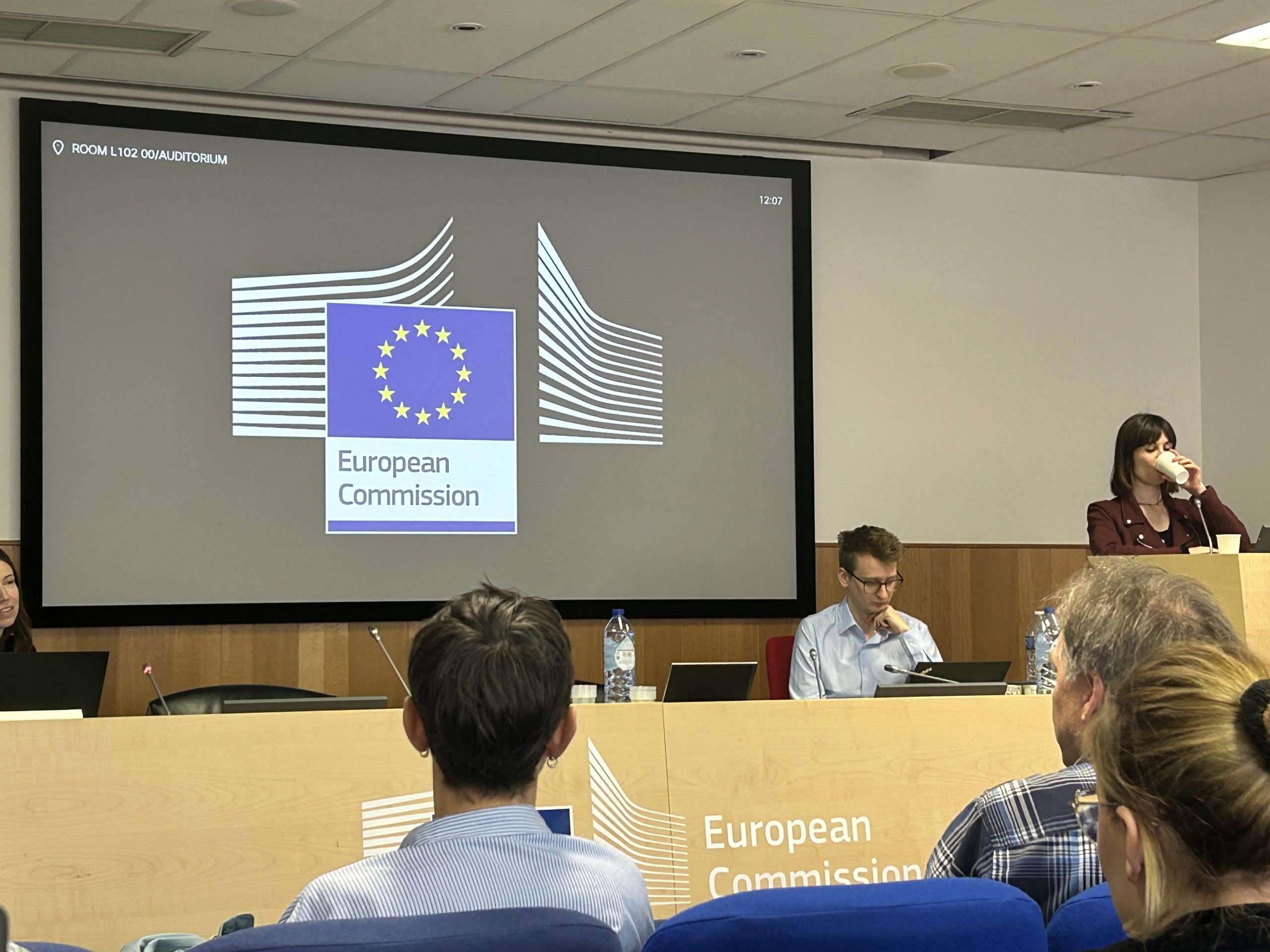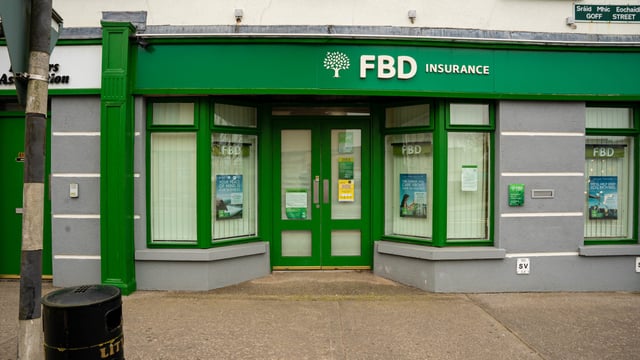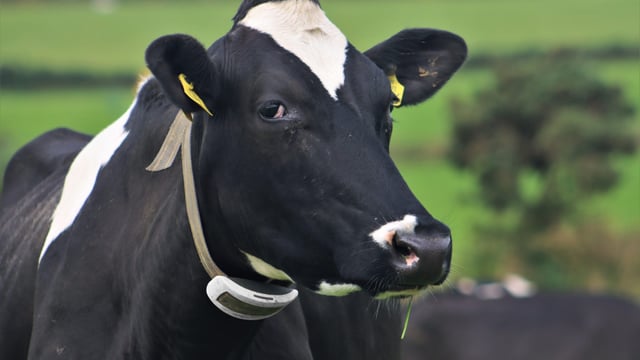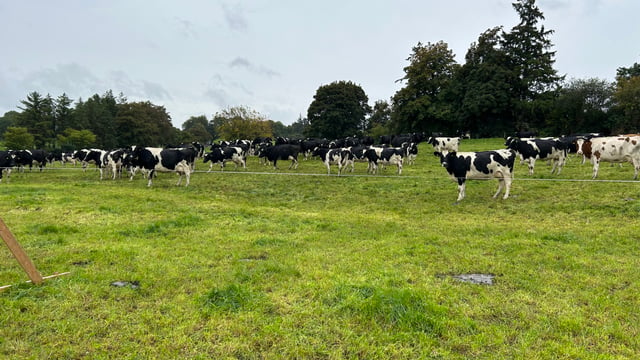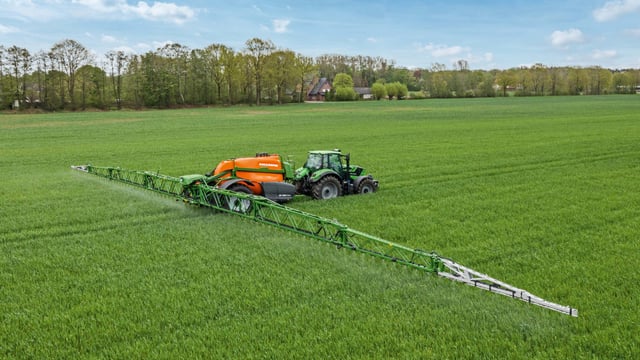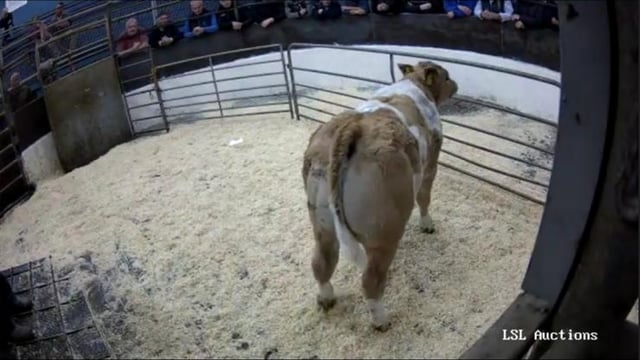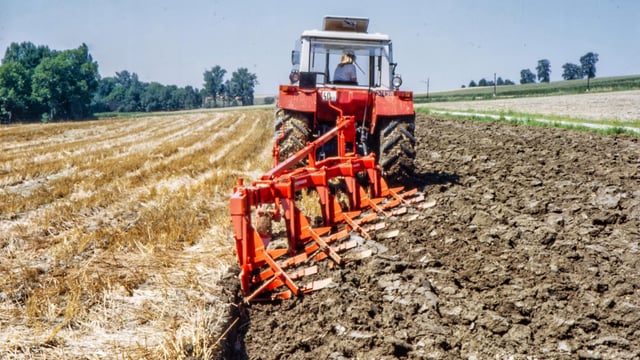'It's important to take firm footing in Brazilian market' - EU spokesperson
It is important that the EU "take a firm footing" in the Brazilian market, according to a spokesperson for the European Commission for Agriculture and Rural Development.
Speaking at a seminar on the different aspects of the commission’s Vision for Agriculture and Food in Brussels this week the spokesperson said that Brazil wants European products, and that the EU is not exchanging the same products as the South American country.
The spokesperson said: "We take commodities from them, they take wine, dairy, and processed food from us. That’s what makes our agri-food sector live. It’s a really big market.
"It’s important for us to take a firm footing in this market, and have an advantage compared with other sectors."
"The whole economy has been disrupted by American tariffs. It’s important to secure other partnerships. Our partnership with Brazil, will eventually, not yet, be made within the Mercosur agreement," the spokesperson added.
Last year (December 6, 2024) European Commission president, Ursula von der Leyen and her counterparts from four Mercosur countries finalised negotiations for a trade deal between the EU and Mercosur.
The deal is currently being examined by a legal team, and translated into all languages. Then it will go to the European Council, and the European Parliament, where member states will make the final decision on it.
The spokesperson highlighted that the agreement has been "controversial for agriculture," but believes that the sector "needs trade".
The spokesperson said: "It’s really diverse, we have a lot of sectors. Livestock might be more vulnerable, but that is why we have an action plan to focus on the sector
"Other sectors, like wine and dairy, rely on exports to survive. We’re a net exporter of agri-food, so we need trade, we cannot close ourselves from this.
"Compared with what was expected from Mercusor, we’ve been very cautious with the quotas, we have safeguards in place, so we’ve been really considering the sensitivities of the sector. It’s a balanced agreement."
The seminar also discussed how the commission plans to protect farmers from competition from other countries.
"Regarding income, we acted on the food supply chain. We also act to have a fairer level playing field, fairer competition. In the vision we said we need a stronger alignment of production standards," the spokesperson said.
EU
"We have food safety standards for our consumers, they are the strictest in the world, and that will never change."
"That means the consumer can be sure that food we eat in the EU is safe, and won’t make us ill. that’s very important," they added.
The commission has acknowledged that "unfair competition" may also exist from this model, but has outlined its plan to combat unfair trading practices.
"Unfair competition is when a certain product is used, and our farmers cannot use that product. Maybe it is a very toxic product, and has been banned in the EU. As a result, EU farmers they spend more time digging out weeds and doing other products, so it has an impact on their income," the commission said.
"Farmers do it because our standards, are our pride. In the vision, we said that we don’t want an imported product that has been produced with pesticides banned in the EU, to come back in through imported products. It has to be fair."
"However, a farm in Belgium might not have the same climate as a farm in Argentina, or the climate.
"So we are going to conduct a wide analysis to find out what the hazardous pesticides are, which ones are used in other countries, and why, and finally if alternatives exist," the spokesperson explained.

